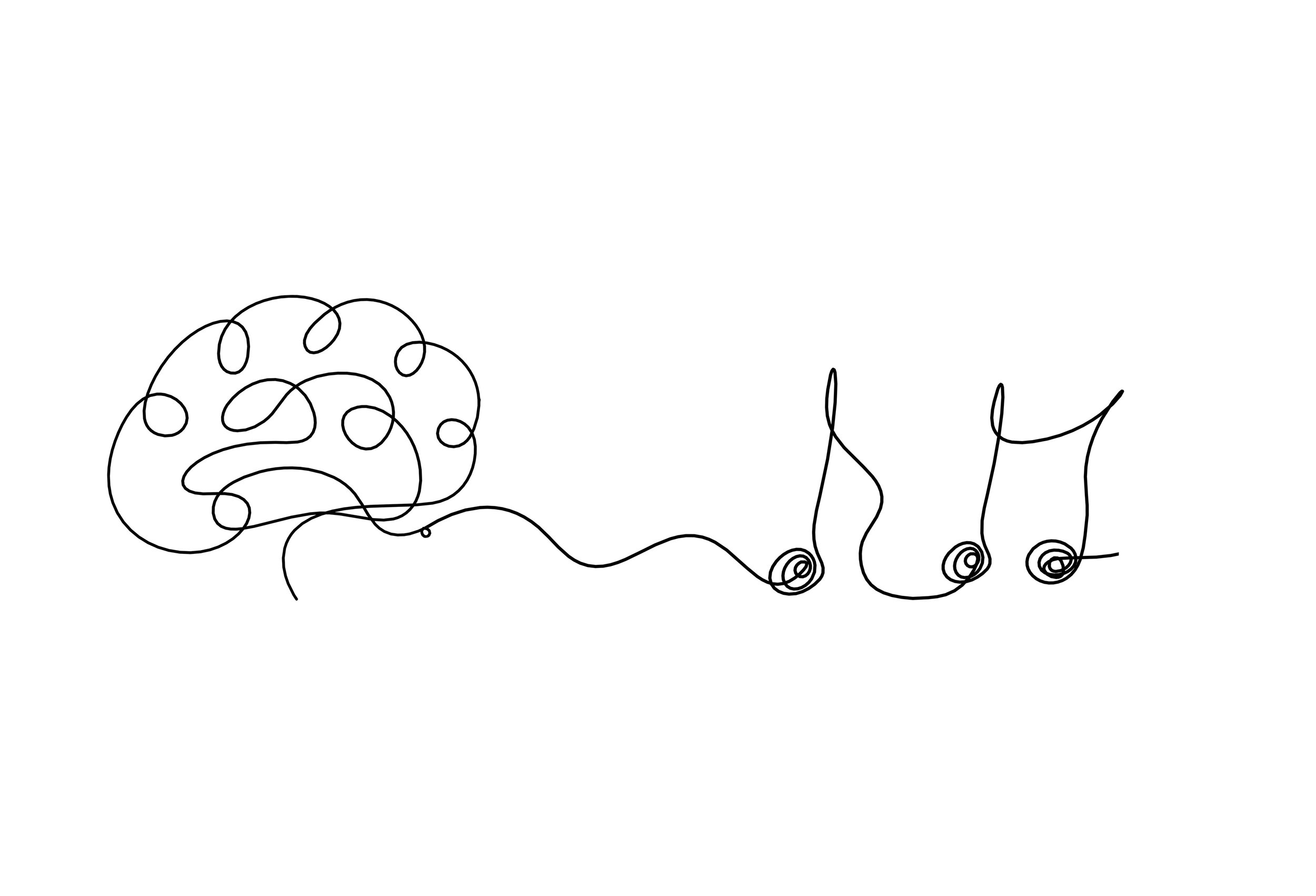How Music Feeds the Brain: Science, Learning, and Emotional Health
Neuroscientists often describe it as “brain food” because it strengthens memory, focus, problem solving, and emotional balance. Just as a balanced meal nourishes different parts of the body, music activates multiple areas of the human brain at once, skills that support learning and wellbeing at every age. This is why both music therapy and music education are now widely recognized in research on cognitive functions and long-term mental health.
Think of learning music or musical instrument as a full-course menu for the mind. Each “dish” delivers its own benefits, and together they create nourishment that lasts a lifetime.
The Appetizer: Activating the Brain
Even a small taste of music is enough to spark wide activity in the brain.
The auditory cortex processes pitch and tone.
Motor cortex regions engage to prepare movement.
The limbic system connects sound with emotion.
The prefrontal cortex supports focus and planning.
This whole-brain workout builds brain plasticity, the brain’s ability to form new neural connections. Neuroimaging studies and fMRI studies show that children who take music lessons for less than a year develop stronger pathways for language, coordination, and auditory processing.
Adults also benefit. The release of dopamine during musical activities and music performance not only creates pleasure but also strengthens auditory pathways, memory, and motivation.
Much like a starter that awakens the appetite, music primes the brain for deeper learning and musical creativity.
The Main Course: Memory and Focus
The most filling part of music’s brain benefits is its impact on memory and attention. When a student practices a piece, they use:
Short-term memory to keep track of the next note or rhythm.
Long-term memory to recall entire sections learned earlier.
This constant switching strengthens the pathways that handle focus and recall.
Children who study through music programs regularly perform better in reading comprehension and verbal recall tasks. Adults who continue music training improve working memory, processing speed, and sustained concentration. These skills fall under executive function, which helps us plan, stay flexible, and solve problems.
Just as a hearty meal sustains energy throughout the day, music provides long-lasting nourishment for attention and memory across multiple cognitive domains.
A Side Dish of Math and Language
No meal feels complete without sides, and music’s “side dishes” are equally impressive.
Mathematics: Rhythm and timing are inherently mathematical. Counting beats, dividing measures, and recognizing repeating patterns exercise the same brain regions used for fractions, ratios, and spatial reasoning. Research shows that children with musical training often outperform peers in these areas.
Language: Music education strengthens phonological awareness, or the ability to hear and manipulate sounds in language. This directly supports reading fluency, vocabulary growth, and speech perception. Musicians also tend to learn new languages more easily, particularly tonal languages like Mandarin, where pitch changes meaning.
These sides enrich the main course, extending the benefits of music education far beyond the practice room.
Dessert: Stress Relief and Emotional Balance
Every good meal ends with something sweet, and music delivers here as well. Listening to or creating music reduces cortisol, the body’s main stress hormone, while increasing serotonin and dopamine, chemicals linked with calm and happiness.
Clinical studies confirm what many already feel:
Music therapy lowers anxiety and depression.
Alzheimer’s patients recall memories more easily during musical engagement.
Children and teens use music to manage emotions and build resilience.
These effects are more than emotional, they are measurable shifts in neural activity, chemistry, and the reward system of the brain. Music offers the kind of “dessert” that leaves you satisfied without regret, restoring balance after stress.
The Buffet: Benefits Across the Lifespan
Unlike a single meal, music’s buffet is open to everyone, at every age.
Early childhood: exposure to rhythm and melody enhances bonding, listening, and early language development.
School-age children: lessons strengthen fine motor skills, memory, and academic performance.
Teenagers: practice builds discipline, emotional regulation, and cognitive skills.
Adults: playing or listening helps manage stress response, improve focus, and support creativity.
Older adults: active music making slows decline, supports cognitive potential, and preserves quality of life.
Few activities offer this kind of lifelong buffet, where every age group can take what they need for growth and wellbeing. Whether in a music classroom, music studio, or through participation in music ensembles, these benefits build across time.
Why Music Belongs on Every Brain’s Menu
Imagine sitting down to a balanced meal where every bite strengthens the body. Music works the same way for the mind. It fuels memory, builds focus, supports problem solving, and lifts emotional health. These benefits compound over time, making music one of the most valuable forms of lifelong learning.
At Play the Art Music Academy, we see these effects daily. Children discover confidence and sharper focus through music classes. Teens use musical pursuits as both discipline and self-expression. Adults find comfort in music for stress relief and renewed creativity. Seniors keep their minds active while enjoying community and connection.
Music is more than sound, it is nourishment for brain development. Adding it to your daily “menu” is one of the simplest ways to grow smarter, healthier, and happier at any age.

